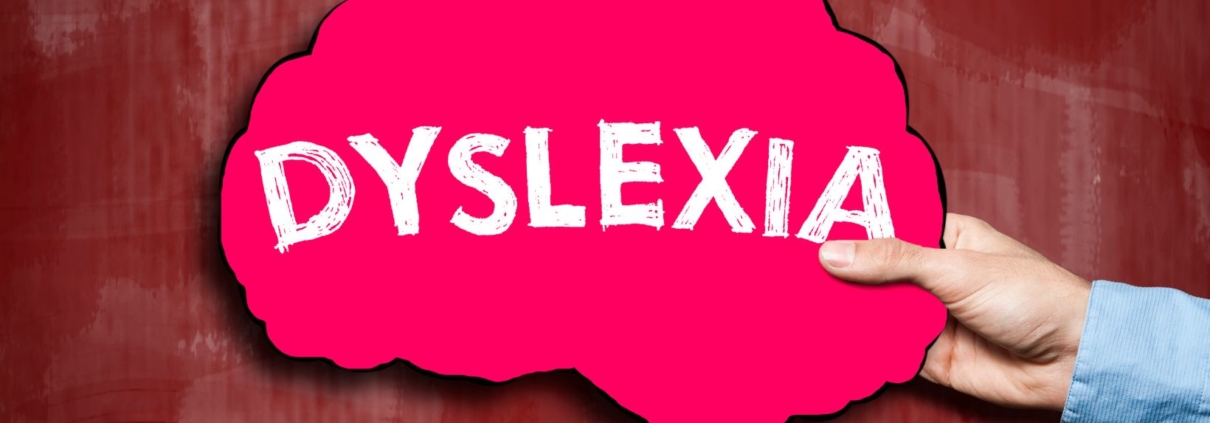What Dyslexia Is and Isn’t
By Kimberly Kafafian
As an employer, you have a duty to understand dyslexia. Why? For starters, 15-20% of the population is dyslexic; that translates into roughly 30 million working adults. Second, if you want to successfully navigate your organization during this unprecedented period of digital transformation, you’ll want dyslexics on your team. And, if you want to optimize their performance, you’ll need to provide them with tools that can help them succeed. But the only way you can attract, engage, and retain dyslexic talent is if you have a firm grasp on just what dyslexia is and isn’t.
As a dyslexic, I have worked for leaders who heard the word dyslexia thrown around and simply assumed it was a learning issue that negatively impacted one’s ability to perform their job. They didn’t recognize the strengths that dyslexics can bring to the workplace or how to support these workers so they could reach their full potential.
I understand first hand the struggles dyslexic’s face in the recruitment process, as well as in the workplace thereafter – if they can get past the interview! In my work as an HR professional, I apprise my clients of the unique gifts dyslexics possess and how those gifts can directly benefit their organization – when that talent is properly nurtured. In essence, I give them a tutorial on how the dyslexic mind works, along with the recruitment strategies they should be employing and the development tools they should be supplying. Below pretty much sums up how I explain this genetic difference to them, which I believe can help business leaders across all industries and sectors.
What Dyslexia Is
Dyslexia is a neurodiverse condition that can cause reading, comprehension, spelling, writing, and speaking issues. It’s categorized as a learning disability, and it stays with a person for life; dyslexia is not something you simply outgrow.
The dyslexic brain has difficulty recognizing and processing information. It can have issues matching letters to their phonetic sounds (decoding), reading in an automatic way, and understanding what is being read.
But dyslexia is SO much more than the challenges listed above. The dyslexic brain is imaginative, creative, problem solving, curious, and excels at communication. It has an enhanced ability to understand patterns and evaluate possibilities, as well as visual space, ideas, and new concepts. And, it has a unique talent to understand the self, connect with others, and empathize. (In case you didn’t notice, these are the soft skills employers across the globe are currently seeking in their hires!)
What Dyslexia Is NOT
It is of utmost importance to note that dyslexia is NOT caused by problems with intelligence. I cannot stress this enough. In fact, some incredibly successful business leaders are dyslexic, such as Richard Branson (founder of Virgin Group), Charles Schwab (who revolutionized the financial industry), John Chambers (CEO of Cisco), and Jamie Oliver (famous chef, restaurateur and cookbook author). It is actually the differences in the dyslexic brain that helped make these leaders into who they are, and they are quick to recognize that.
Despite popular belief, dyslexia is not seeing letters and/or words mixed up or backwards.
Dyslexia is also not an attention issue. All too often dyslexia gets lumped together with ADD or ADHD. While the differences can commonly co-occur, they are mutually exclusive.
It is also separate from dyscalculia, which is an issue with reading and writing math.
Empowering Dyslexic Thinking in the Workplace
As the nonprofit Made By Dyslexia, which was co-founded by Richard Branson, noted, we should be empowering dyslexic thinking in the workplace. As the organization revealed in its report Value of Dyslexia 1, dyslexic thinking skills match the skills of the future as outlined by the World Economic forum, and its latest report noted these thinking skills are vital for the workplace of today.
To learn more about the specific traits dyslexics can offer an organization, read my blog Dyslexia Strengths in the Workplace, and for tips on how to support this talent pool, read Dyslexia Tools for the Workplace.










Leave a Reply
Want to join the discussion?Feel free to contribute!